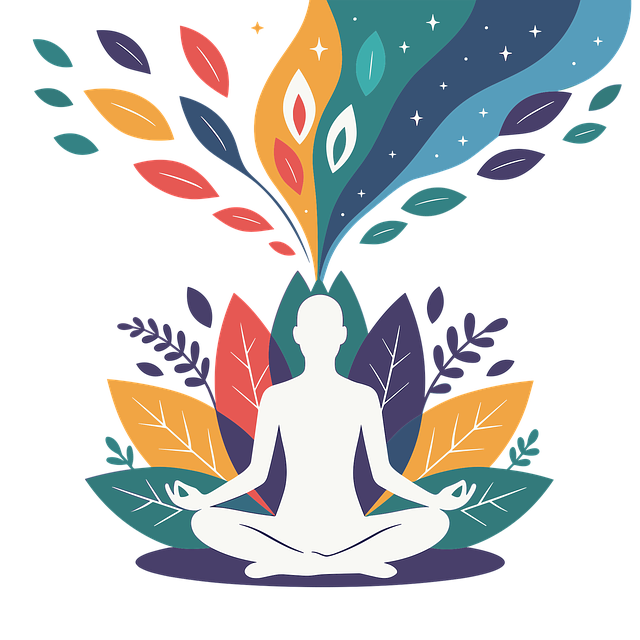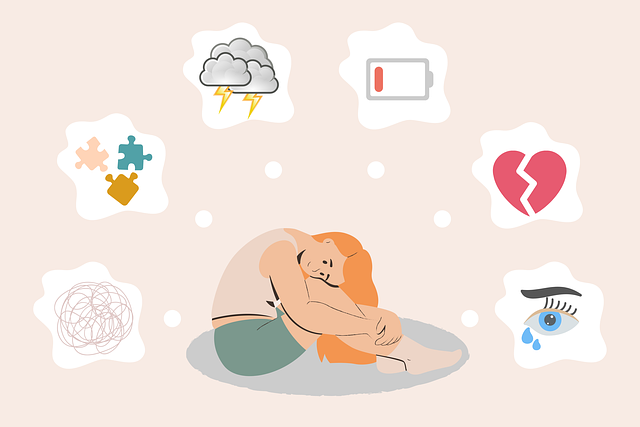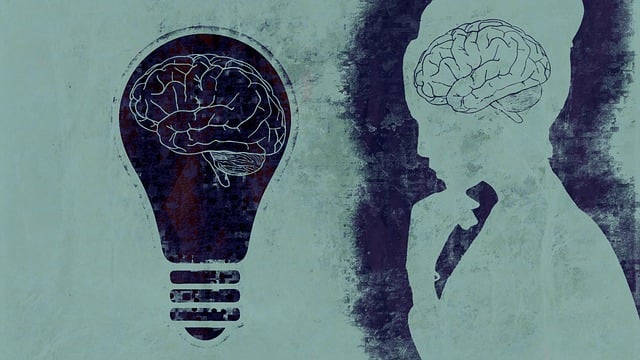Mental wellness journaling is an effective self-reflection tool that supports personal growth by documenting thoughts and emotions related to mental health, particularly beneficial for those seeking Lone Tree Alcohol Abuse Therapy. By setting aside time for regular journaling, individuals can increase mental health awareness, understand triggers, and develop coping mechanisms, leading to reduced anxiety and improved emotional resilience. Incorporating simple healing practices like mindfulness and self-care into daily routines promotes mental wellness, similar to the approach of Lone Tree Alcohol Abuse Therapy. Dedicating just 15 minutes a day to journaling or meditation can initiate a process of building resilience and emotional intelligence, paving the way for long-term mental wellness.
Unwind your mind and embark on a journey of self-discovery with mental wellness journaling. This powerful tool, backed by research from institutions like Lone Tree Alcohol Abuse Therapy, offers a safe space to process emotions, track progress, and cultivate resilience. In this guide, we’ll navigate the benefits, set up an effective routine, and incorporate healing practices to transform your journaling experience into a sanctuary of calm and clarity.
- Understanding Mental Wellness Journaling
- Setting Up Your Journal for Success
- Incorporating Healing Practices into Your Routine
Understanding Mental Wellness Journaling

Mental wellness journaling is a powerful tool for self-reflection and personal growth, offering individuals a chance to explore their thoughts and emotions in a safe and private space. It involves documenting one’s experiences, feelings, and insights related to mental health and overall well-being. This practice can be especially beneficial for those seeking Lone Tree Alcohol Abuse Therapy, as it provides an opportunity to gain clarity and perspective on personal struggles.
By setting aside dedicated time each day or week to journal, individuals can increase their mental health awareness and develop a deeper understanding of themselves. It encourages self-exploration, allowing one to reflect on triggers, coping mechanisms, and sources of stress or joy. Through regular practice, journaling can contribute to improved anxiety relief and enhanced emotional resilience, making it an accessible and effective strategy for maintaining mental wellness.
Setting Up Your Journal for Success

Starting a mental wellness journal is an act of self-care and self-discovery. To set yourself up for success, begin by choosing a space that feels quiet and comfortable—a place where you can be undisturbed. Select a physical journal or opt for a digital one, whichever suits your preference and accessibility. Ensure it’s free from distractions so you can focus on your thoughts without interruptions. Make it personalized; decorate the cover with images or quotes that resonate with you. This practice isn’t just about writing; it’s a tool to enhance your awareness and foster resilience-building.
Consider incorporating prompts to guide your reflections, especially if you’re new to journaling. These can help navigate through various aspects of mental wellness, such as tracking moods, identifying triggers, or expressing gratitude. Remember, consistency is key. Set realistic goals, whether it’s a daily entry or weekly reflections. With time, this practice can become an integral part of your routine, aiding in reducing the stigma associated with mental illness and even enhancing social skills training through increased self-awareness.
Incorporating Healing Practices into Your Routine

Incorporating healing practices into your daily routine is a powerful way to nurture your mental wellness. Just as Lone Tree Alcohol Abuse Therapy focuses on addressing specific challenges, integrating mindfulness and self-care activities can offer profound benefits for your overall well-being. Start with simple practices like deep breathing exercises or short walks in nature. These moments of solitude allow you to reconnect with yourself, calm your mind, and cultivate a sense of inner peace.
Mind Over Matter principles can guide you in transforming negative thoughts into positive affirmations. Consider exploring Mental Wellness Coaching Programs Development tailored to your needs. Empathy Building Strategies, often taught through these programs, empower you to understand and manage your emotions effectively. By dedicating even just 15 minutes a day to journaling or meditation, you can begin to weave a tapestry of resilience and emotional intelligence into your life, setting the stage for lasting mental wellness.
Mental wellness journaling is a powerful tool for self-reflection and personal growth. By integrating healing practices, you can create a safe space to explore your thoughts and emotions, much like Lone Tree Alcohol Abuse Therapy provides a sanctuary for those seeking recovery. Customizing your journal with structured exercises enhances the benefits, ensuring a successful journey towards improved mental wellness. Start today, and let your words guide you towards a healthier, more balanced mind.










